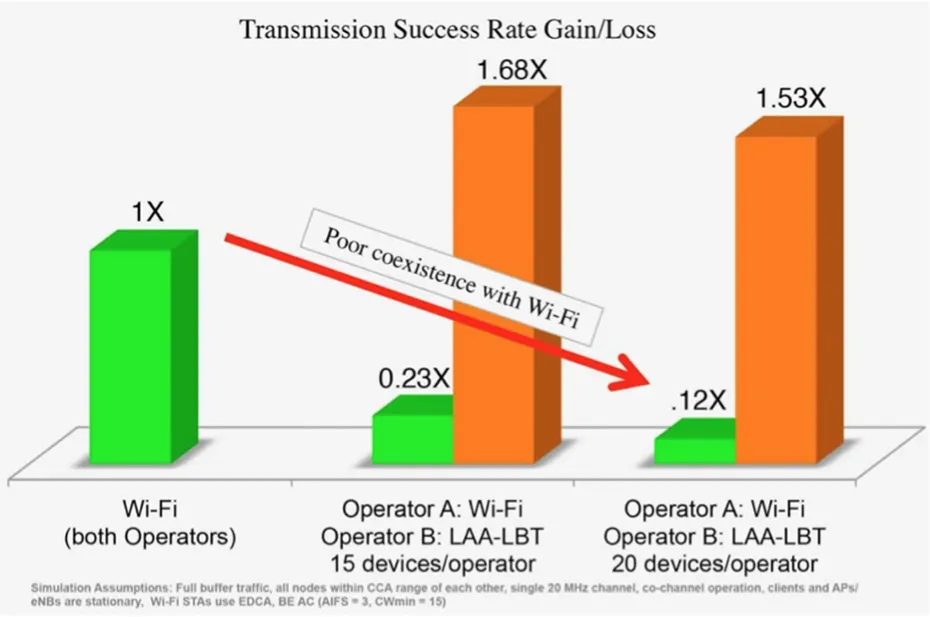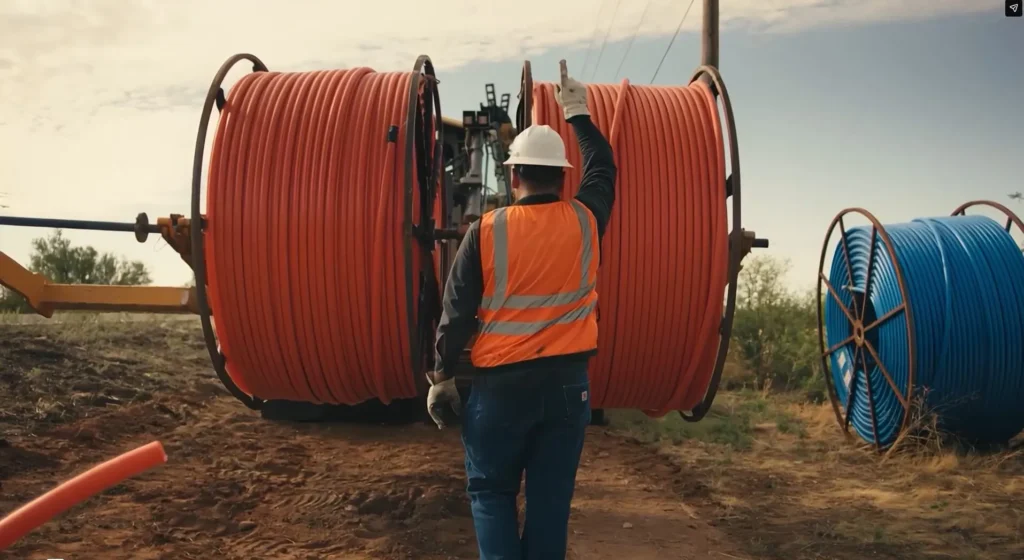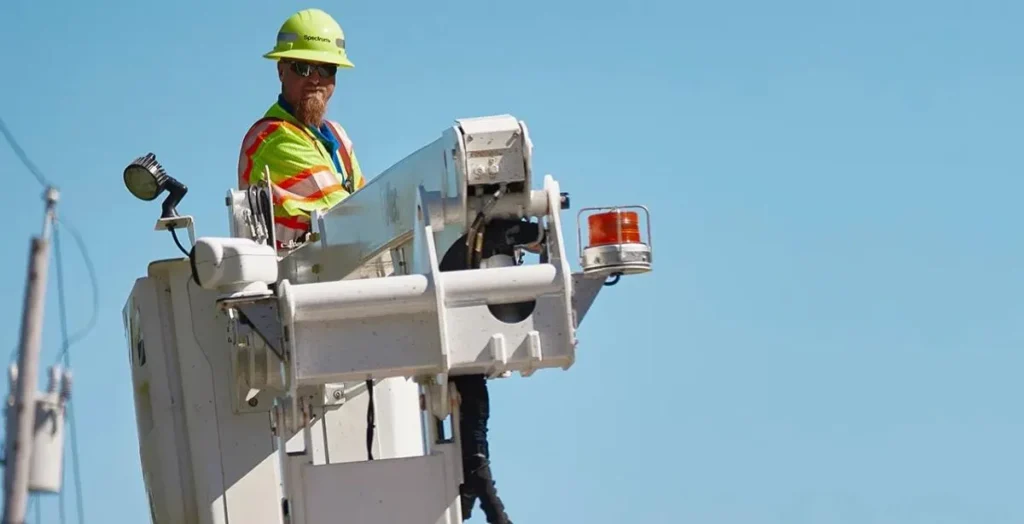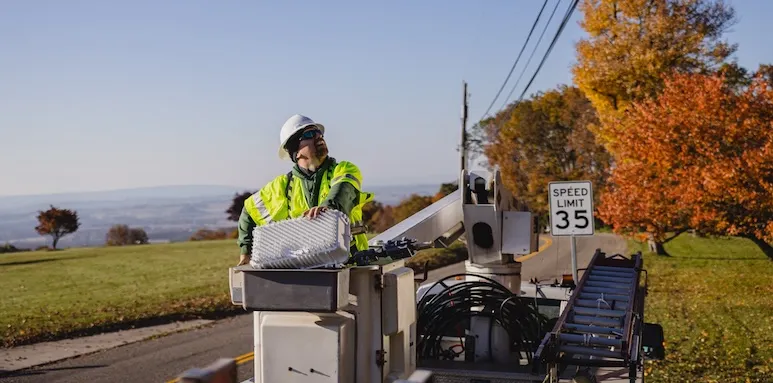Wi-Fi is popular. Really popular. 4 billion devices popular. So popular that more broadband data is carried over Wi-Fi than all other platforms combined.
But is the miracle of Wi-Fi in jeopardy? It may be because the lifeblood of Wi-Fi – unlicensed spectrum – is potentially at risk by the deployment of a new technology called LTE-U that may not play well with others in the unlicensed sand box. It could cause massive interference problems to Wi-Fi.
Although some wireless carriers developing these LTE-based technologies have acknowledged the need to share spectrum fairly with unlicensed technologies like Wi-Fi, nothing in the current design of LTE-U provides confidence in that result. Unlike Wi-Fi, which uses politeness protocols to effectively share spectrum with other unlicensed users, the current formulations of LTE-U do not require providers to build in adequate sharing protocols. Without them, these providers could allow licensed carriers to commandeer unlicensed spectrum in ways that significantly interfere with other technologies that currently use these bands.
That’s why today NCTA filed comments at the FCC expressing concerns with current plans to deploy LTE-U systems in ways that may unfairly degrade the performance of hundreds of millions of Wi-Fi devices and routers that consumers use today. You can read the full comments here.
The core difference between LTE-U and Wi-Fi is in the sharing philosophies of the two protocols. Although LTE-U proponents claim that these technologies will share spectrum fairly with Wi-Fi and other unlicensed technologies, we are concerned they do not. The limited sharing features that LTE-U may include are inadequate and when real-world factors are taken into account, research shows these technologies cause serious interference.
Analysis shows that Wi-Fi packet loss will increase by 77 percent with fifteen Wi-Fi devices per operator, and by 88 percent with twenty devices per operator.
“Wi-Fi protocol includes listen-before-talk and back-off mechanisms.”
Listen-before-talk, as it sounds, means devices do not transmit data while there is another active signal in the band. And back-off is a second protocol in the event of that two Wi-Fi signals transmit at the exact same time. When such a collision happens, Wi-Fi transmission will wait a period of time before trying again. These qualities are not merely clever features – they’re fundamental to fair functionality of wireless broadband without centralized control. LTE-U does not use these protocols, leading to significant interference risk to Wi-Fi signals.
When we think about all the ways in which consumers use Wi-Fi (laptops, phones, TVs etc.) and all the many ways that Wi-Fi connects our world as the Internet of Things develops and evolves, we quickly come to realize how important it is for us to get wireless technology right. We need to ensure the unlicensed economy can continue to grow for all who increasingly depend on it. After all, if one technology disrupts the entire unlicensed spectrum band, fewer technologies and fewer opportunities that utilize that spectrum are going to become available.
In a recent statement, FCC Commissioner Jessica Rosenworcel articulated an important principle that should guide our thinking on the future of unlicensed spectrum. She said, “existing users of unlicensed should be open to new innovation and at the same time, new entrants should respect existing users.” Proponents of LTE-U are threatening to deviate from the careful and collaborative stewardship of shared frequency bands. That’s why we urge the industry to rethink its current direction and to adopt appropriate sharing protocols by design, so that the norms of sharing in the 5 GHz band will be honored and that consumers can secure the benefits of all technologies fairly using the band, be they LTE-U or Wi-Fi.









